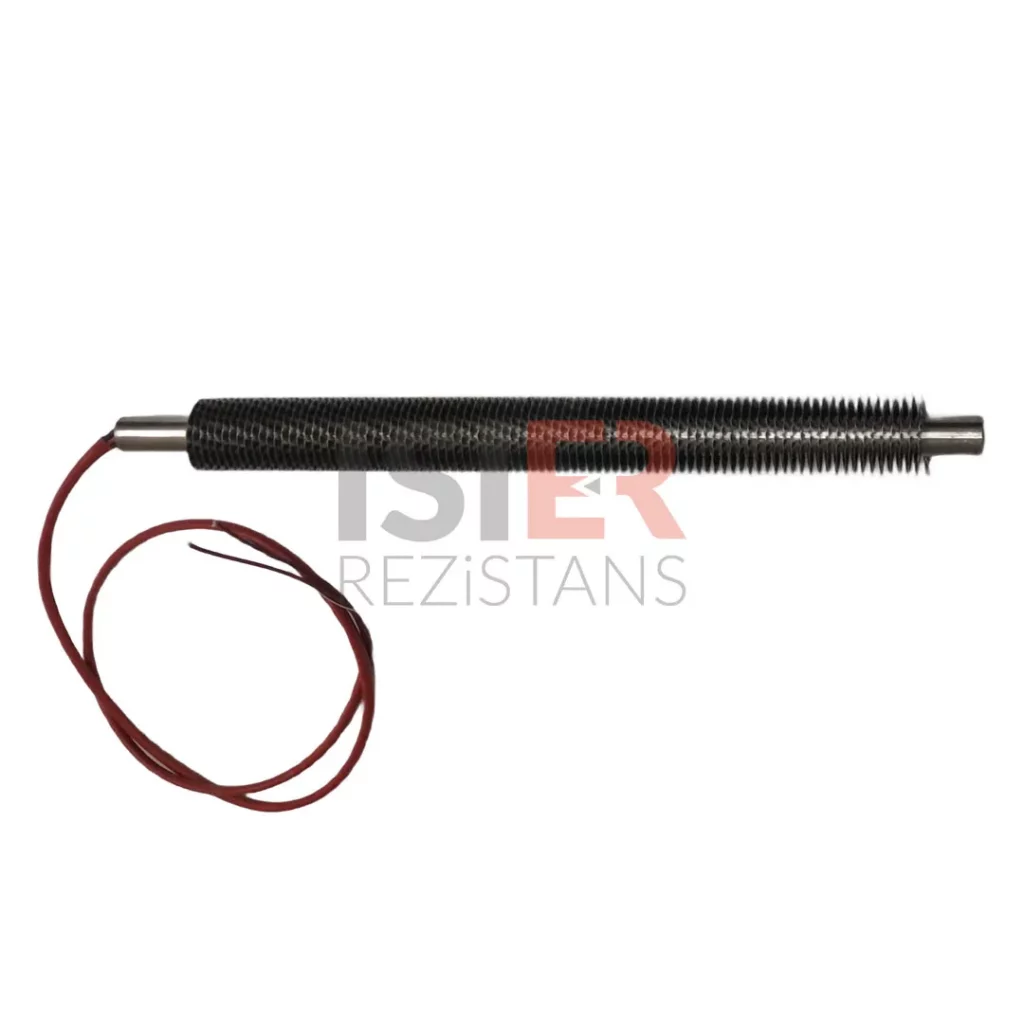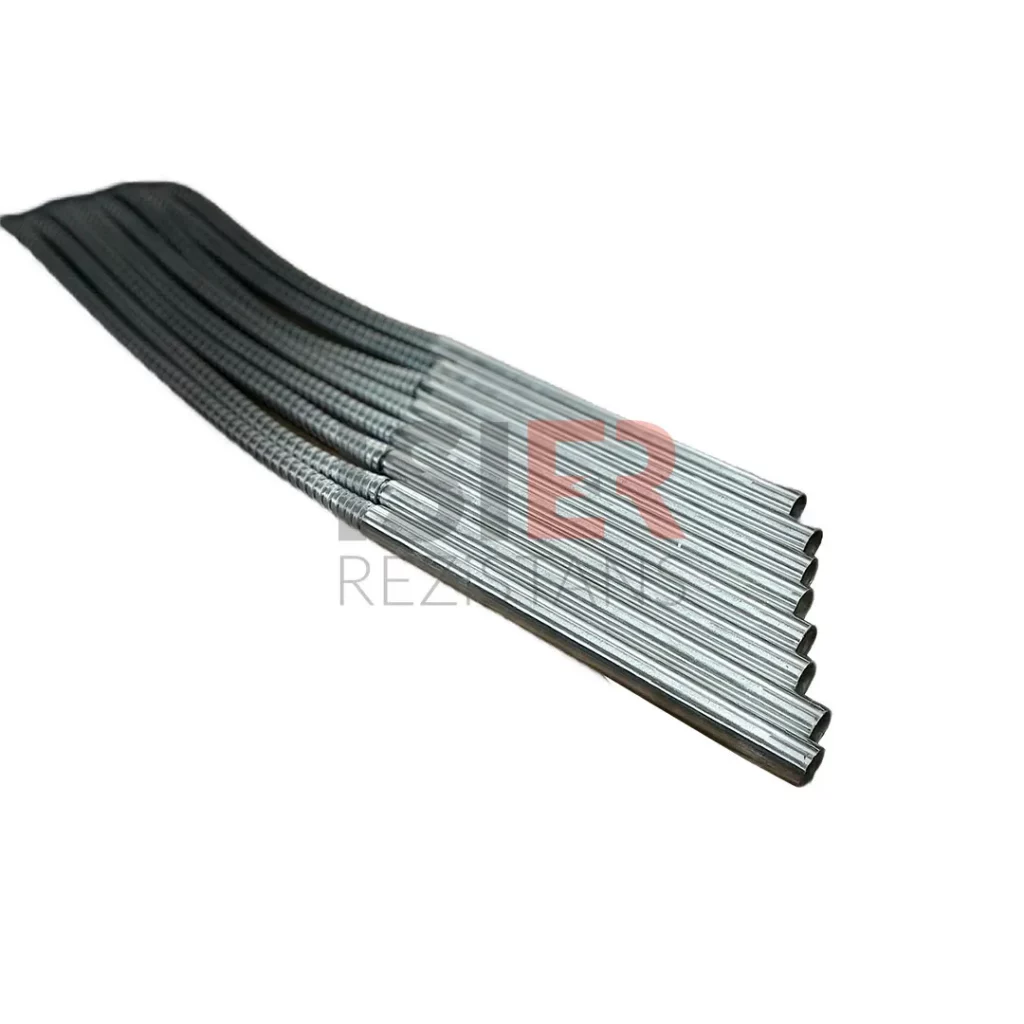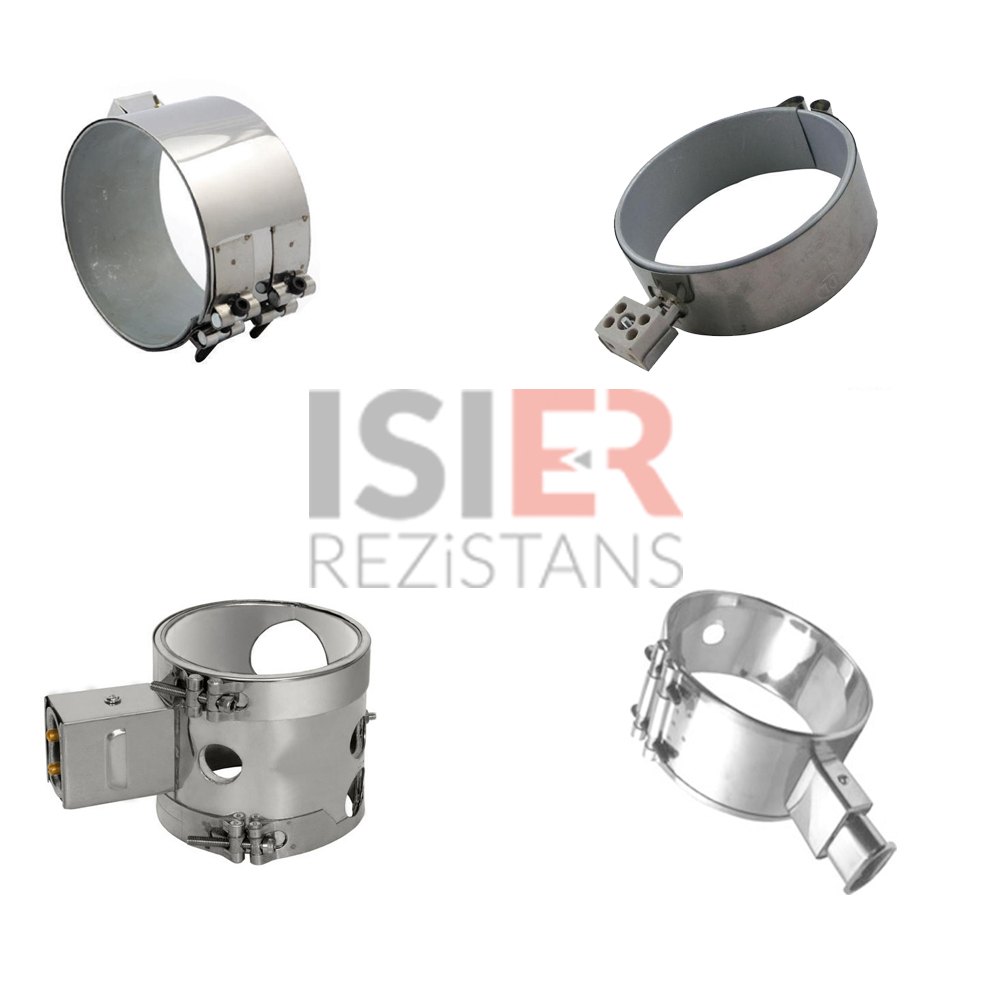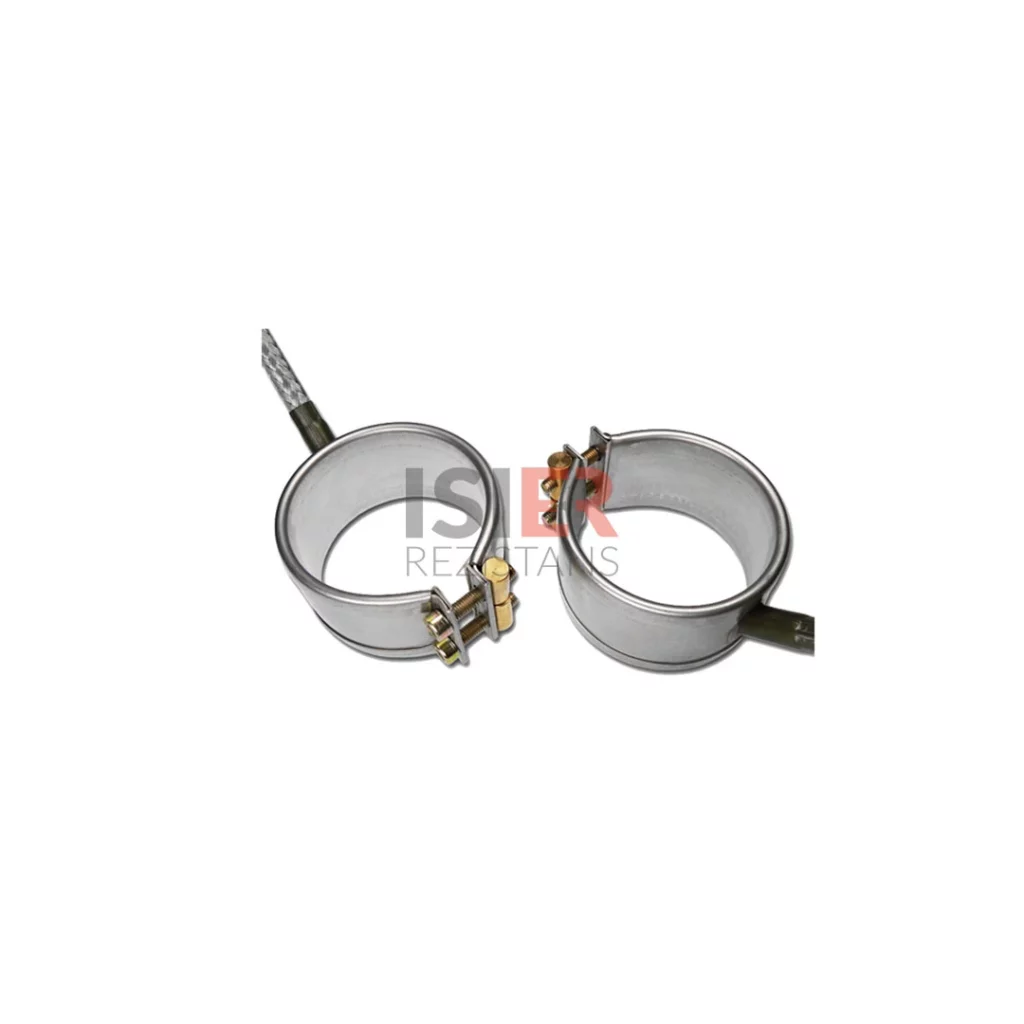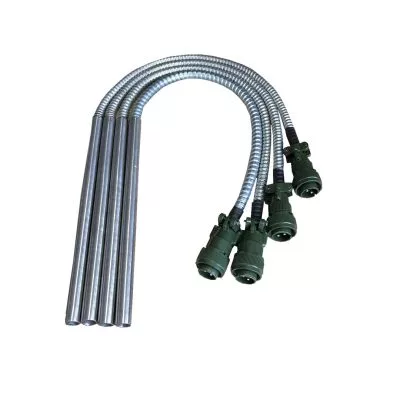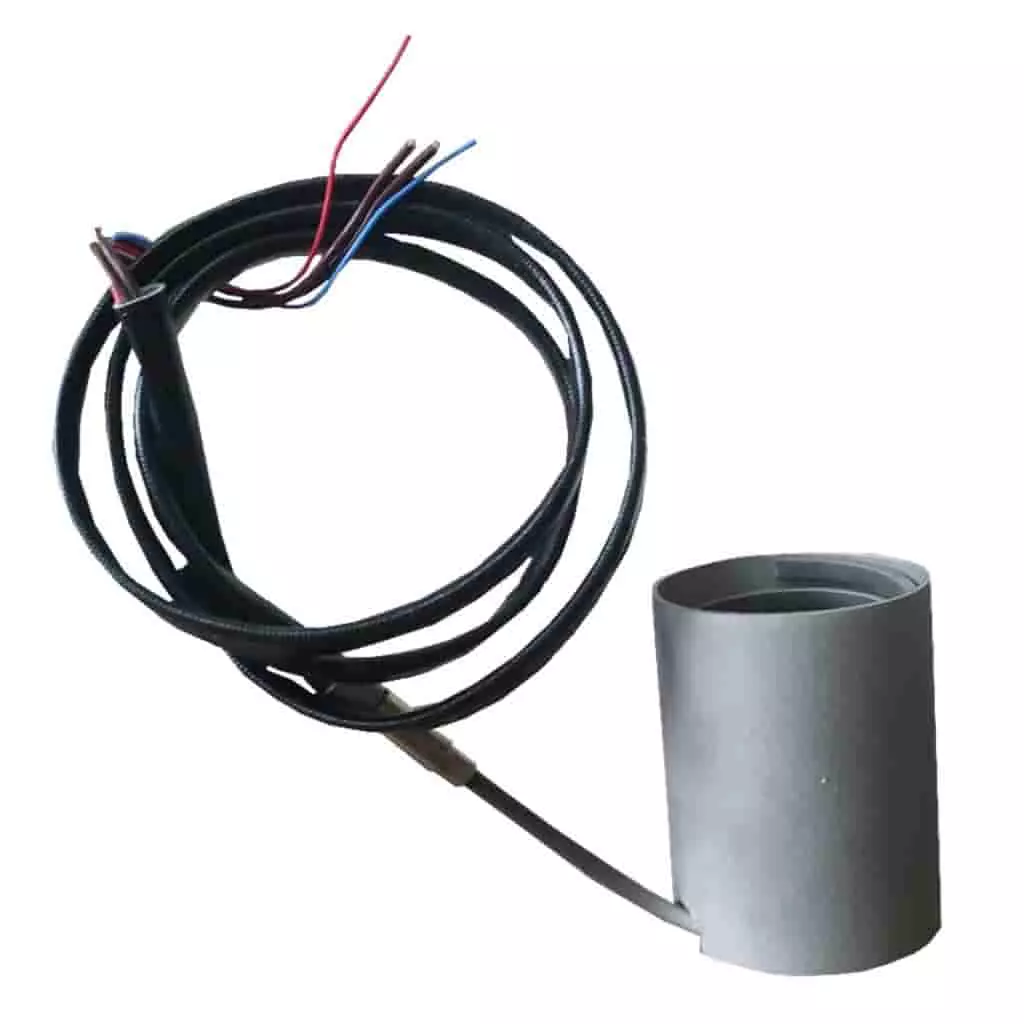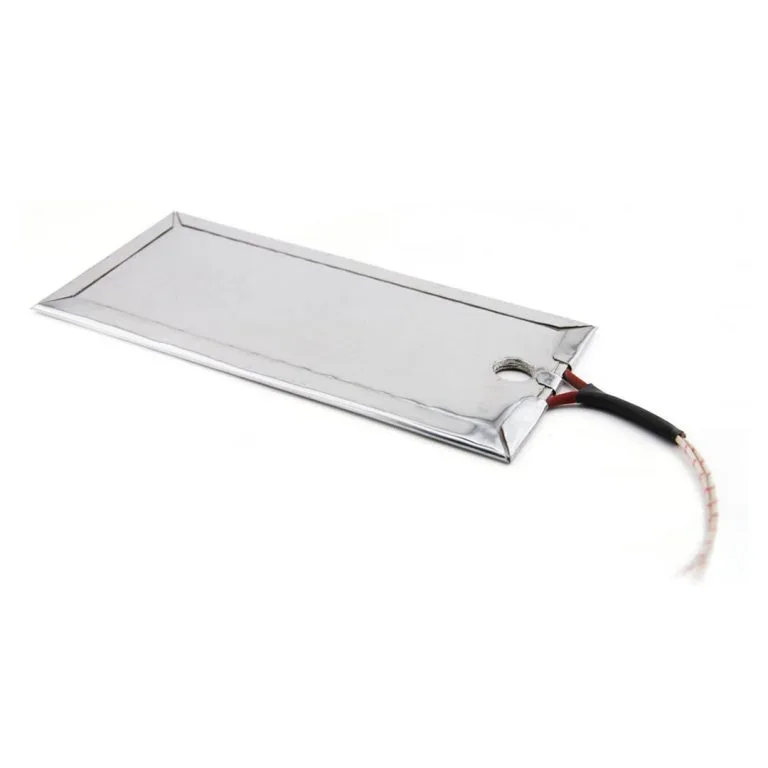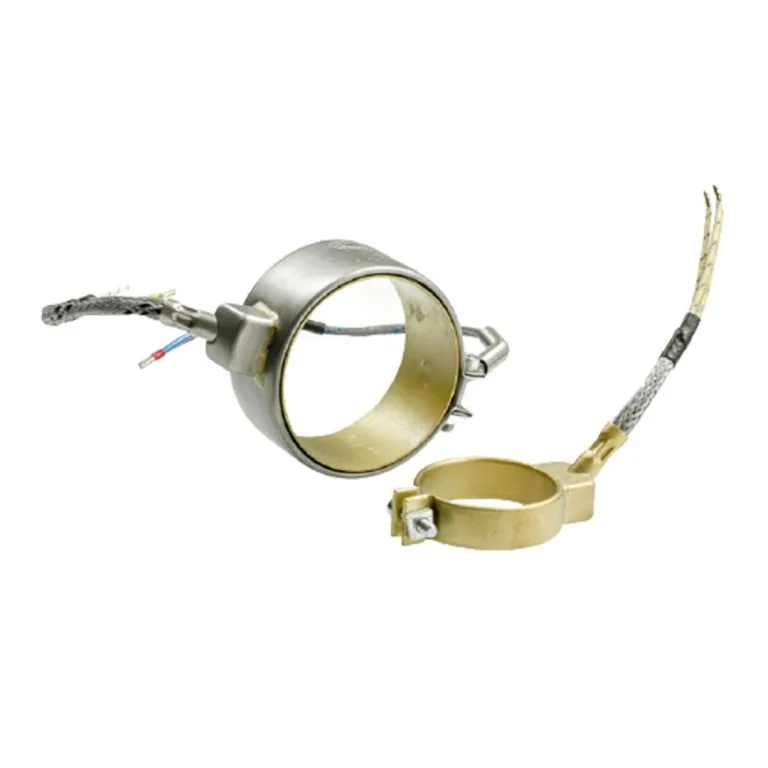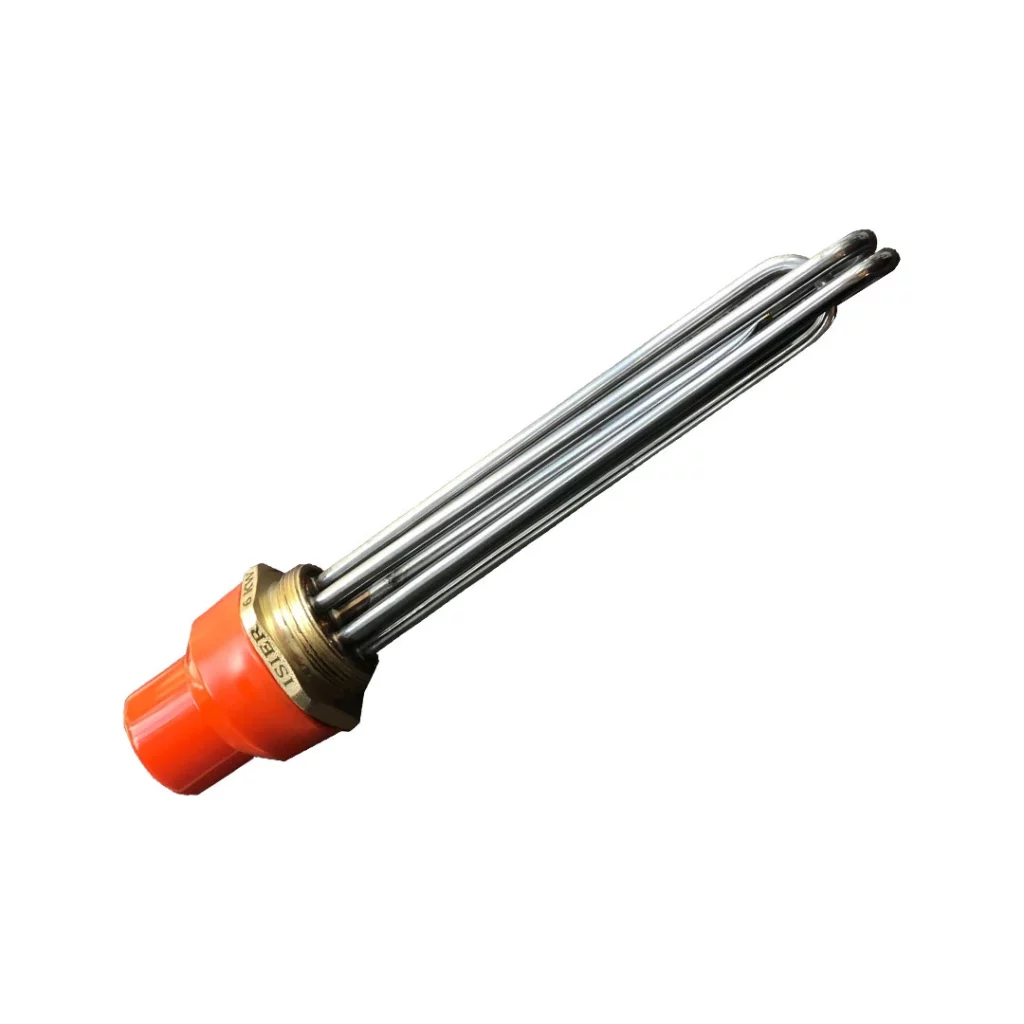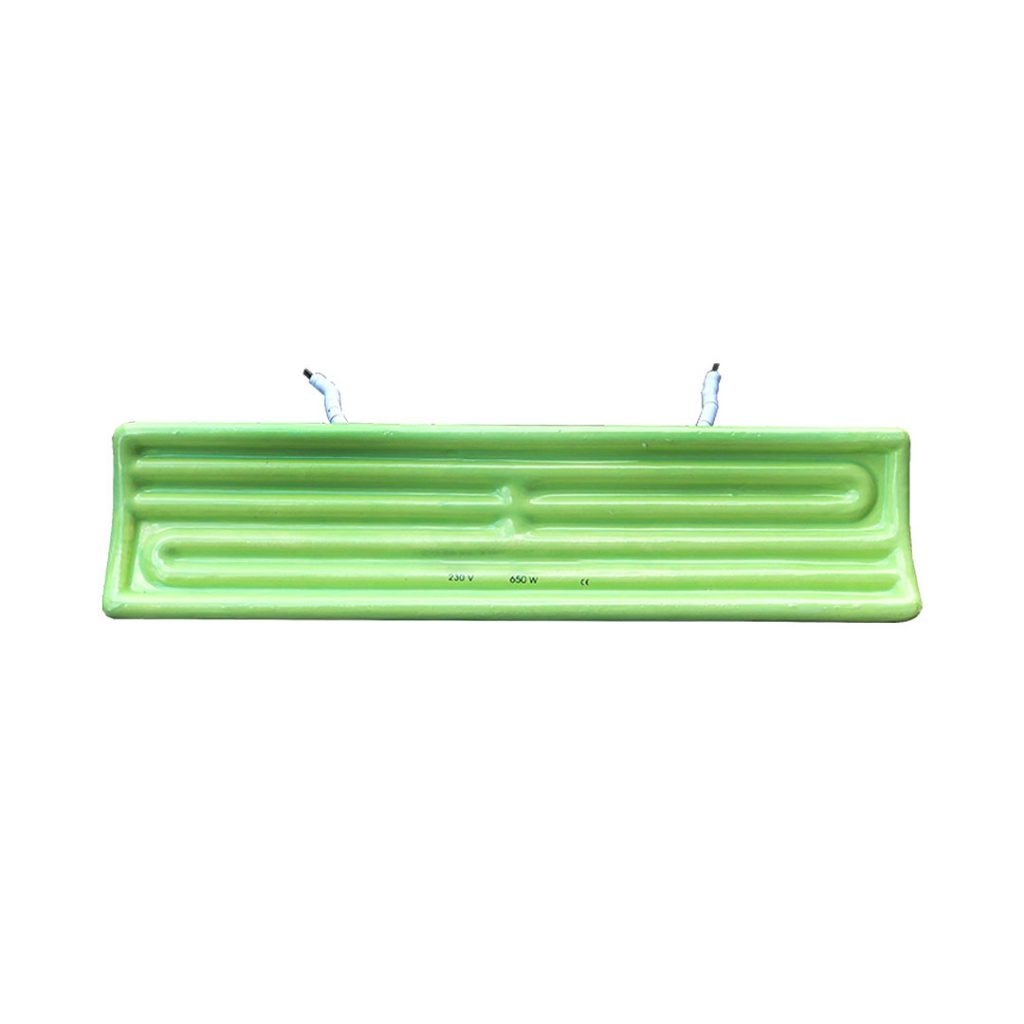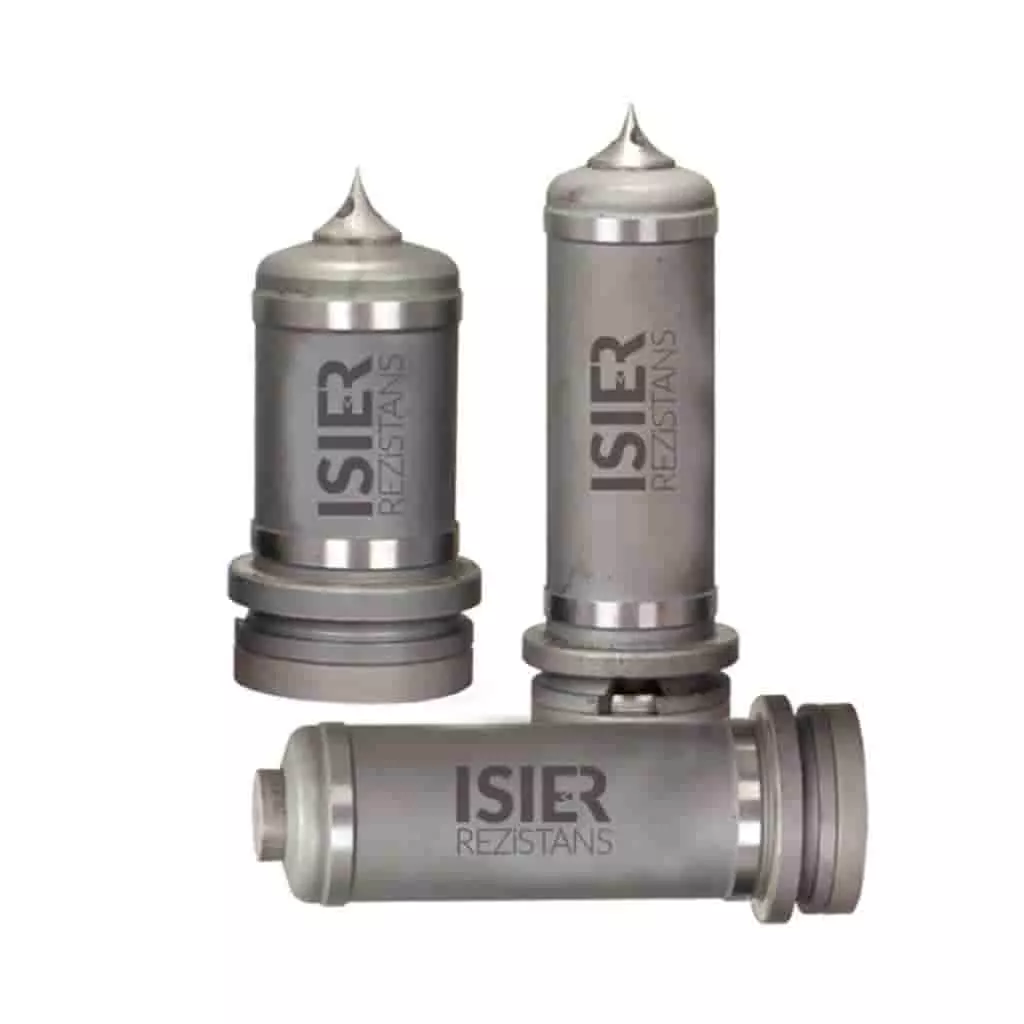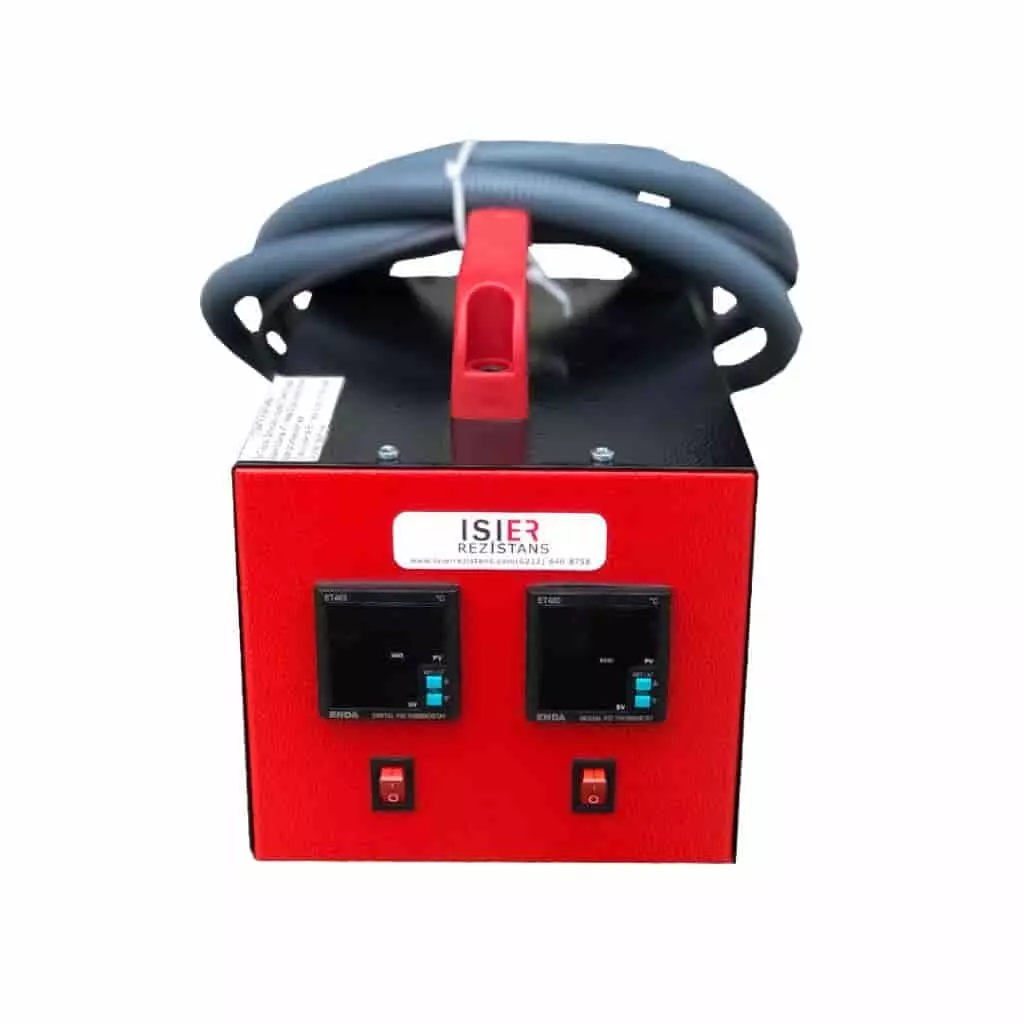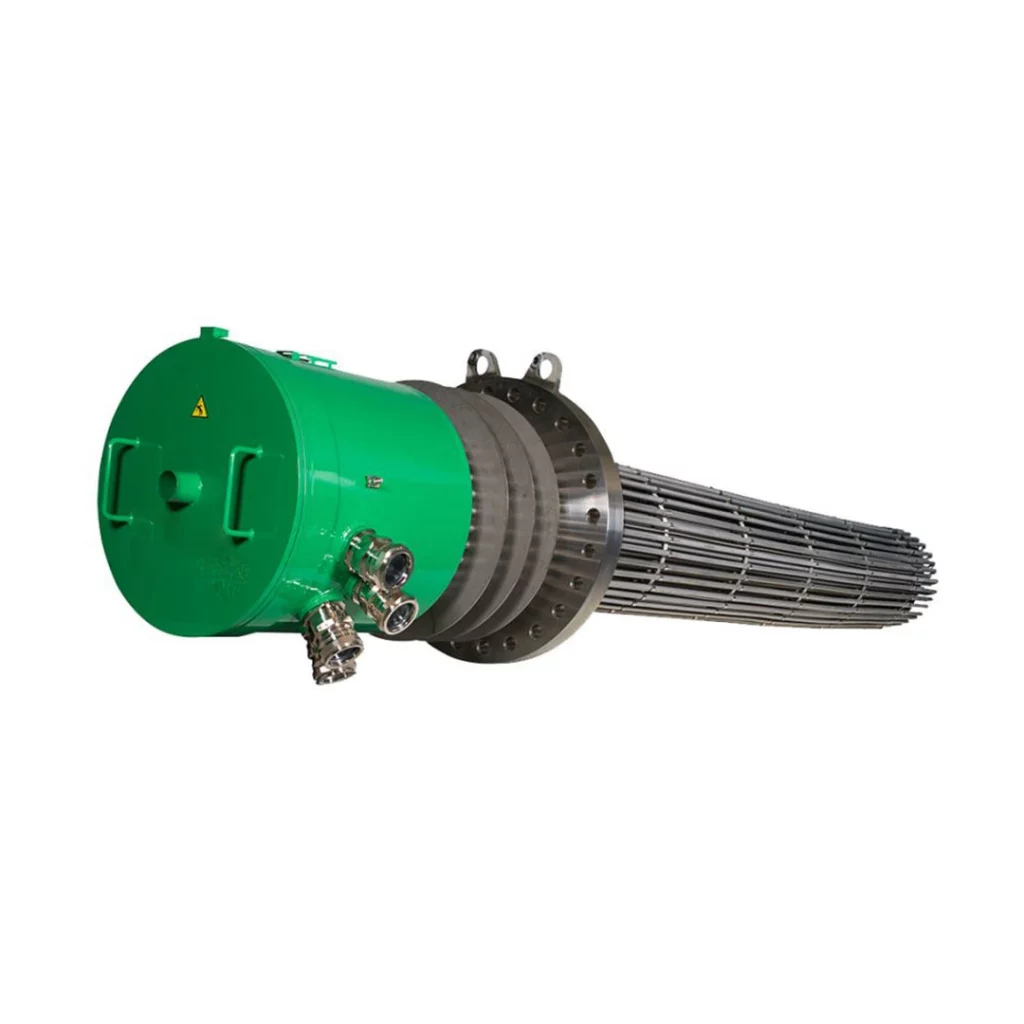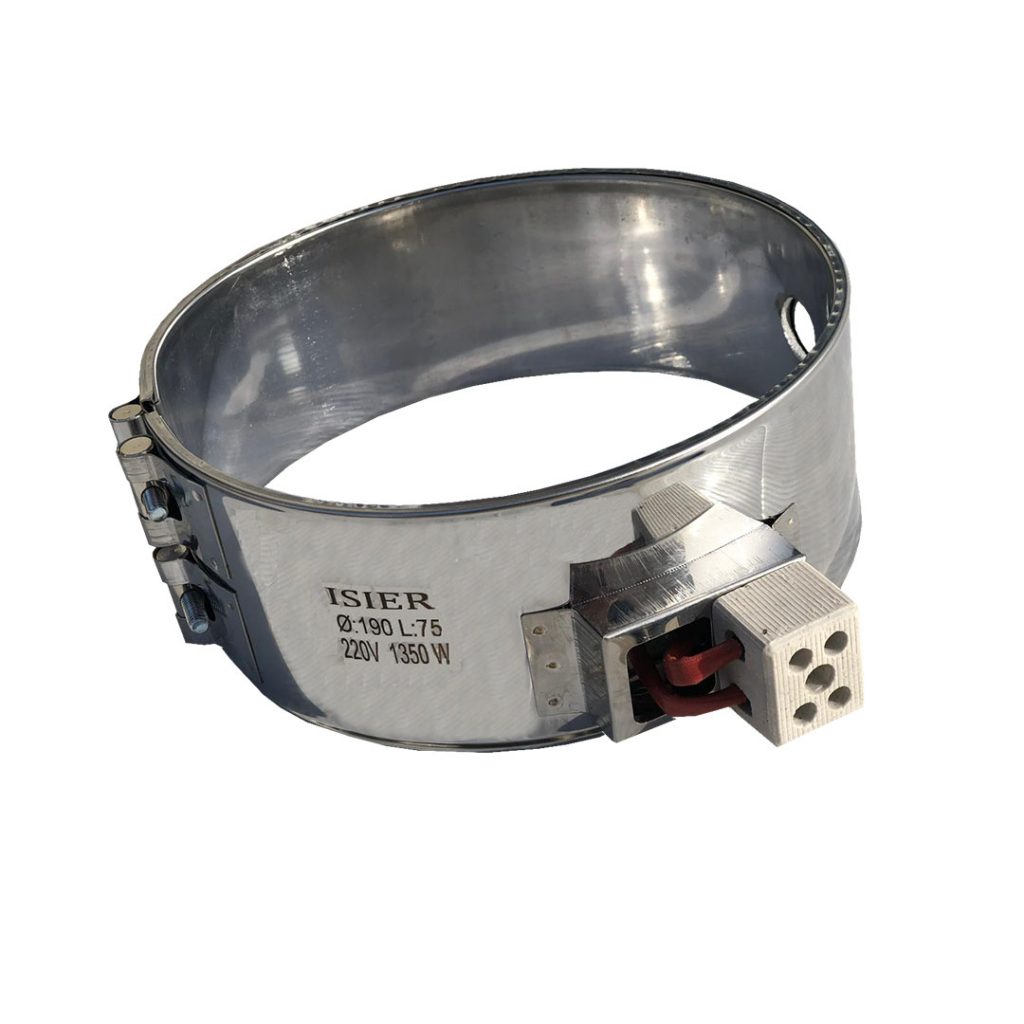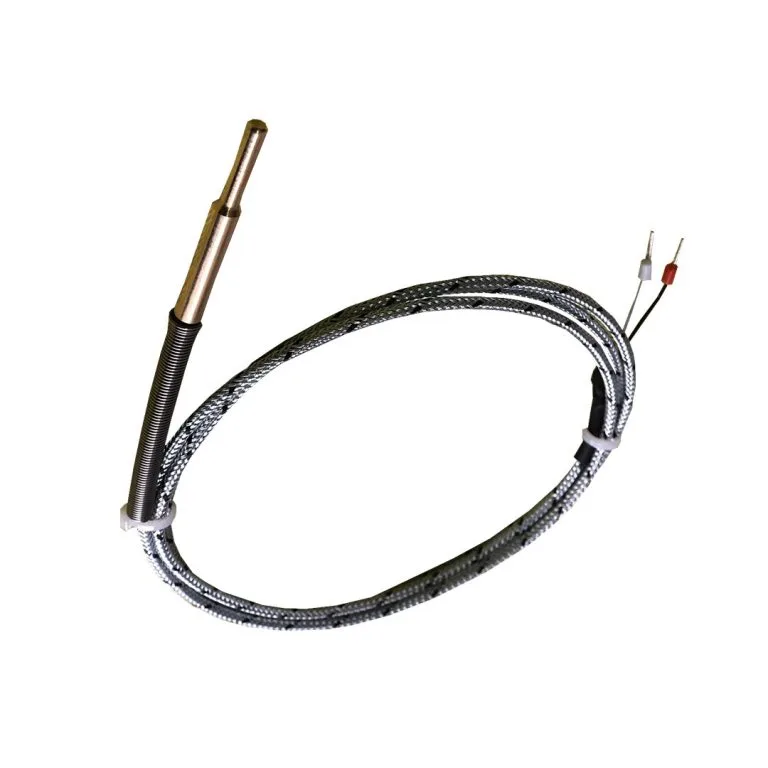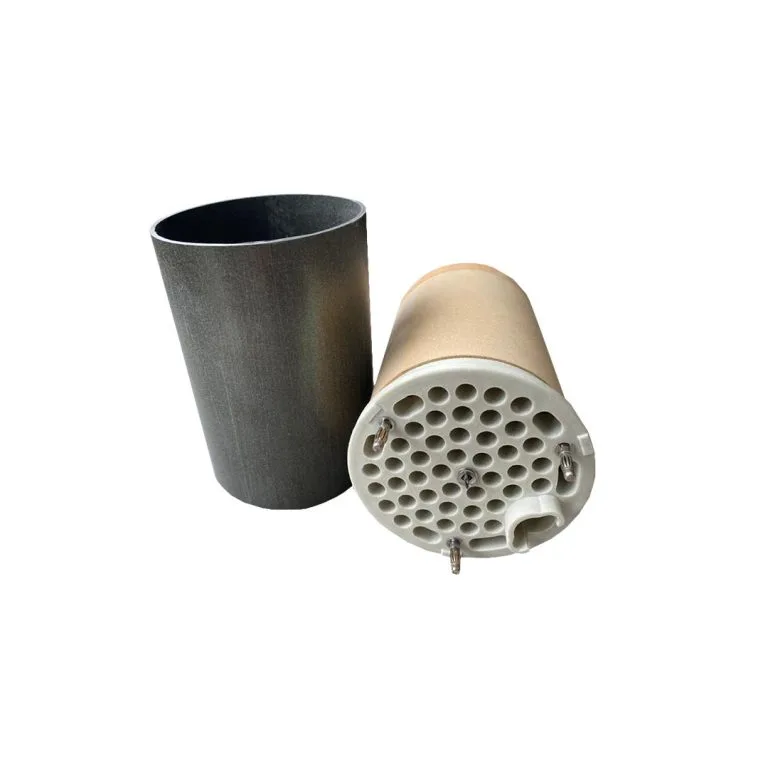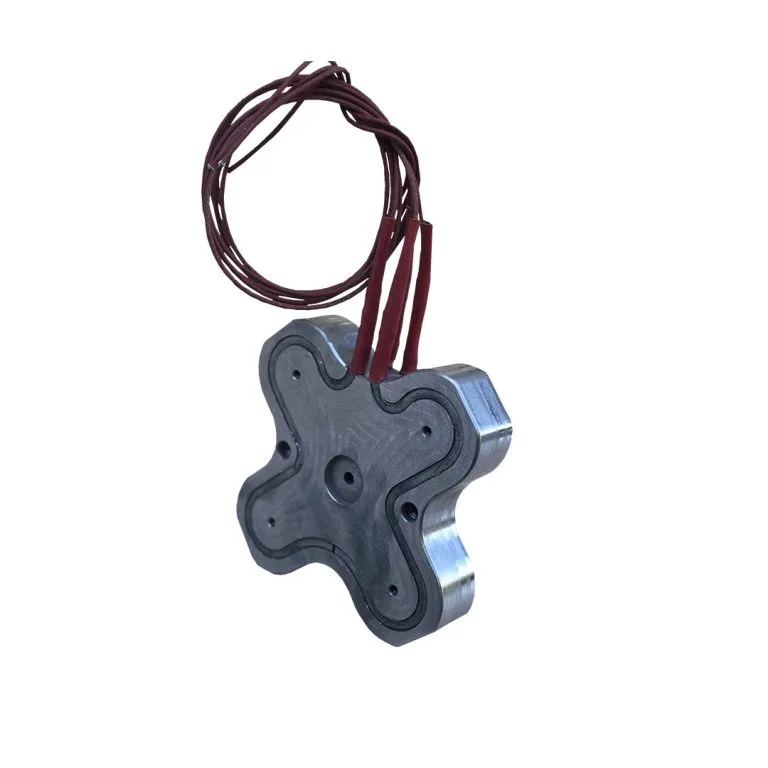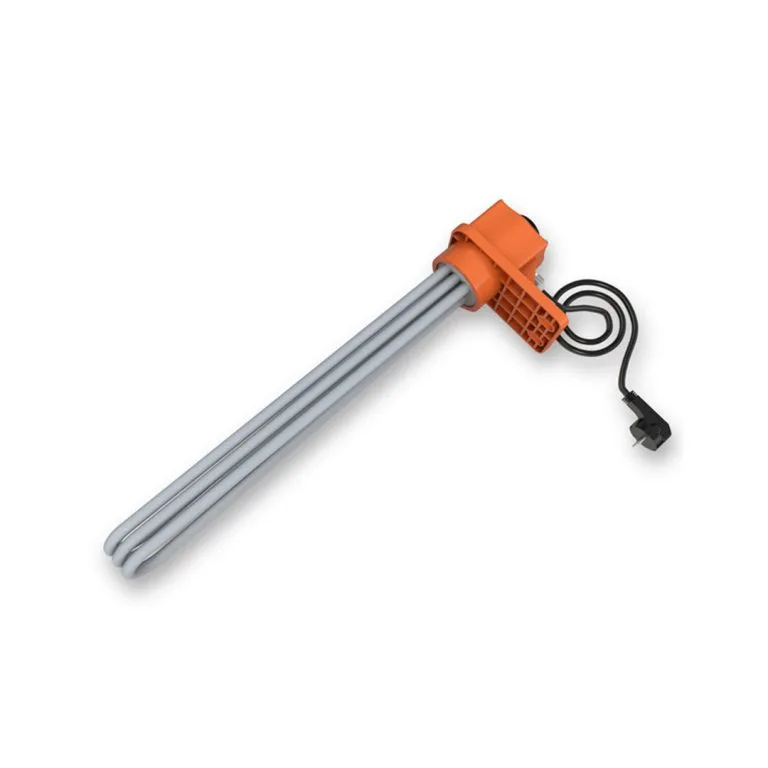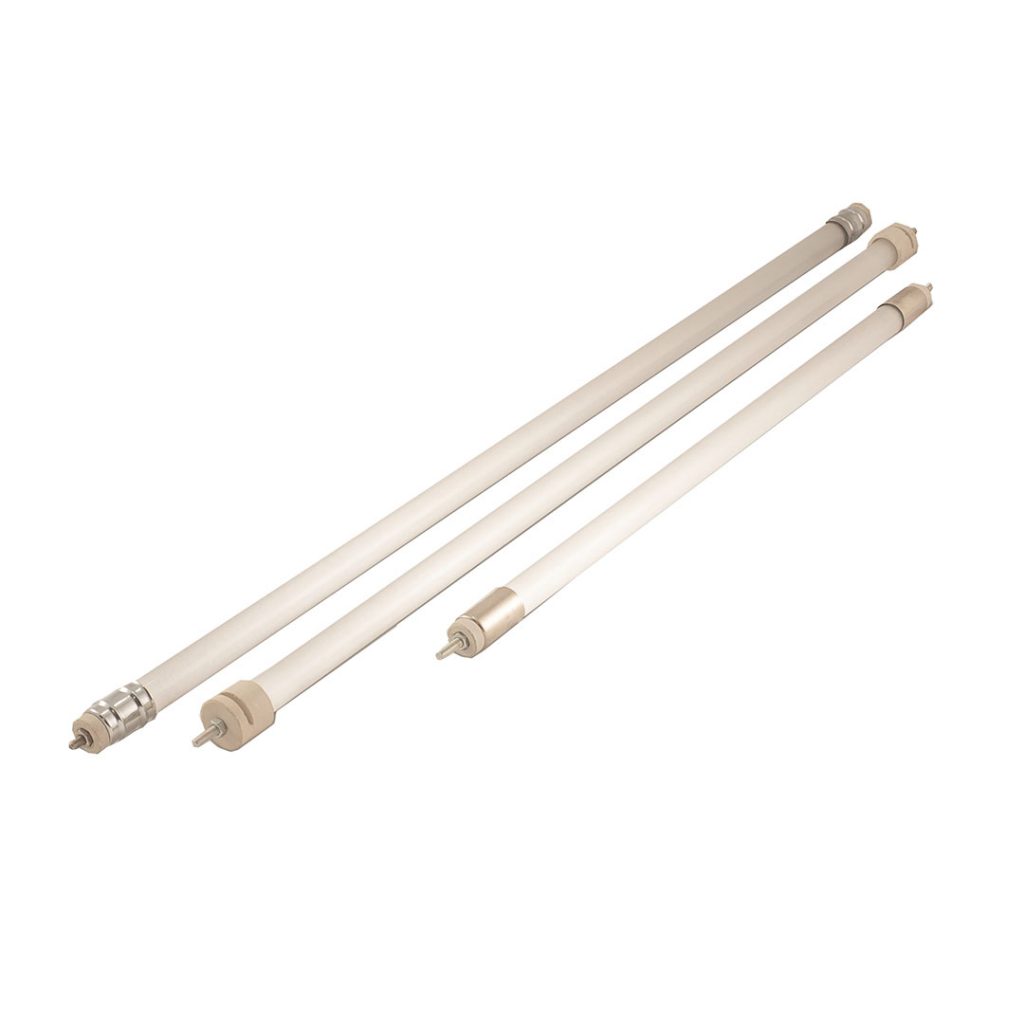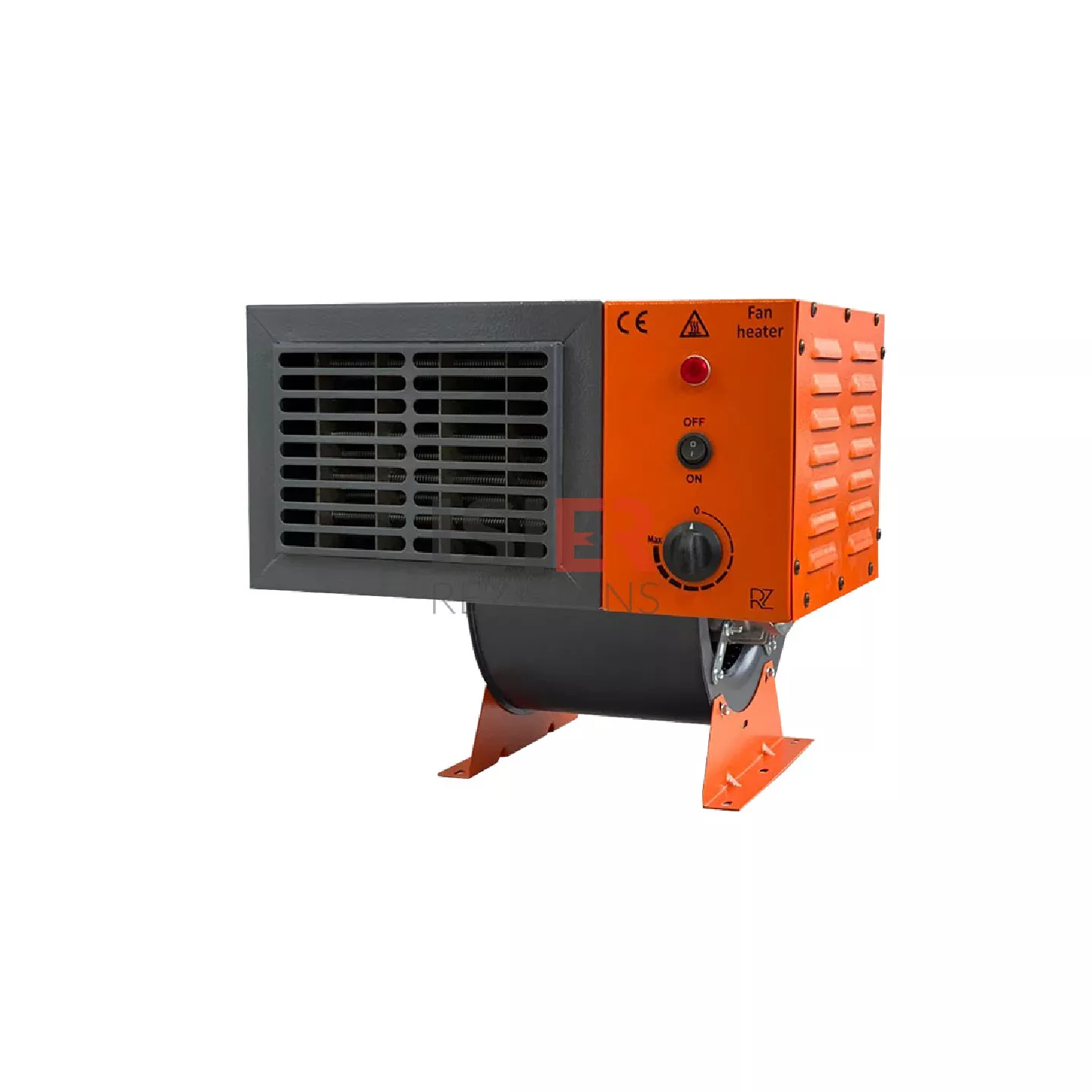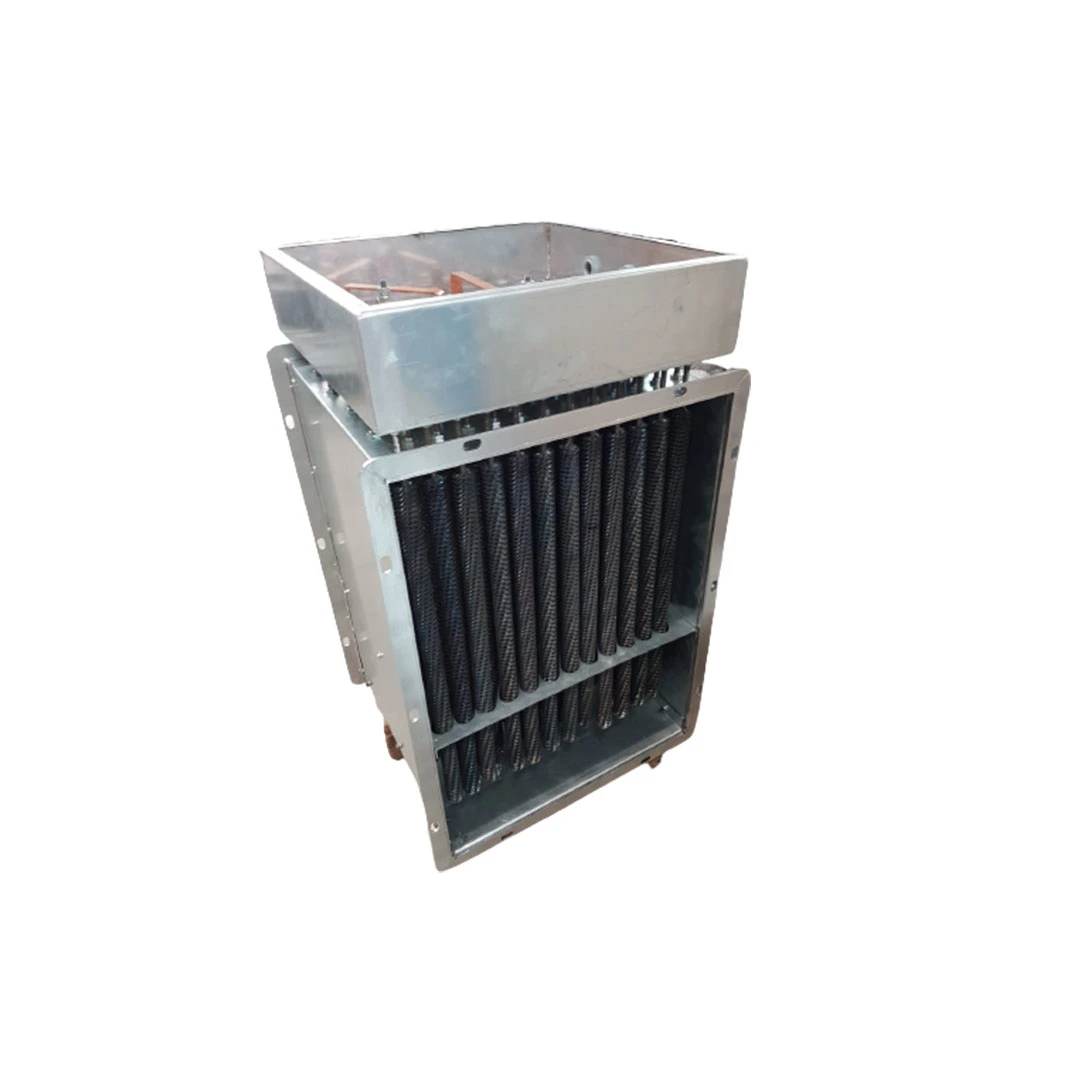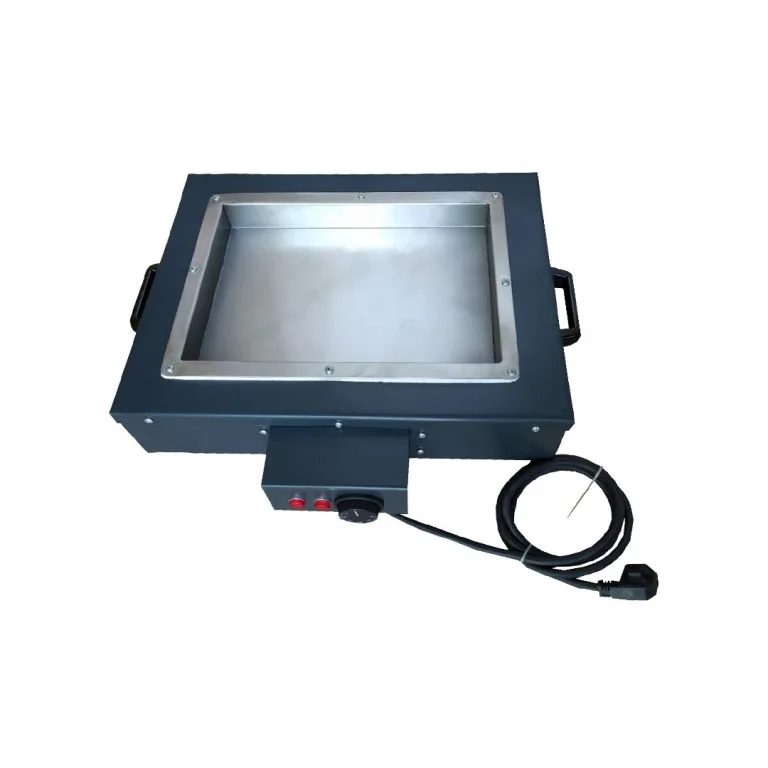Automotive Heaters
Function of Automotive Heaters in Engine Heating:
Automobile engines must reach a certain operating temperature, especially in cold weather conditions, to operate more efficiently. Automotive heaters are used to improve the cold starting of the engine. These heaters are integrated into the engine block or specific areas of the engine and help the engine to heat up rapidly in cold weather conditions. This ensures more effective combustion of fuel and quicker operation of the engine.
Function of Temperature Control in Automotive Heaters:
Vehicle climate control systems play a significant role in ensuring the comfort of the driver and passengers. The automotive heaters used in these systems perform heating and cooling functions to control the temperature inside the vehicle. Especially during the winter months, automotive heater systems work quickly through the use of heaters to increase the comfort of the driver and passengers.
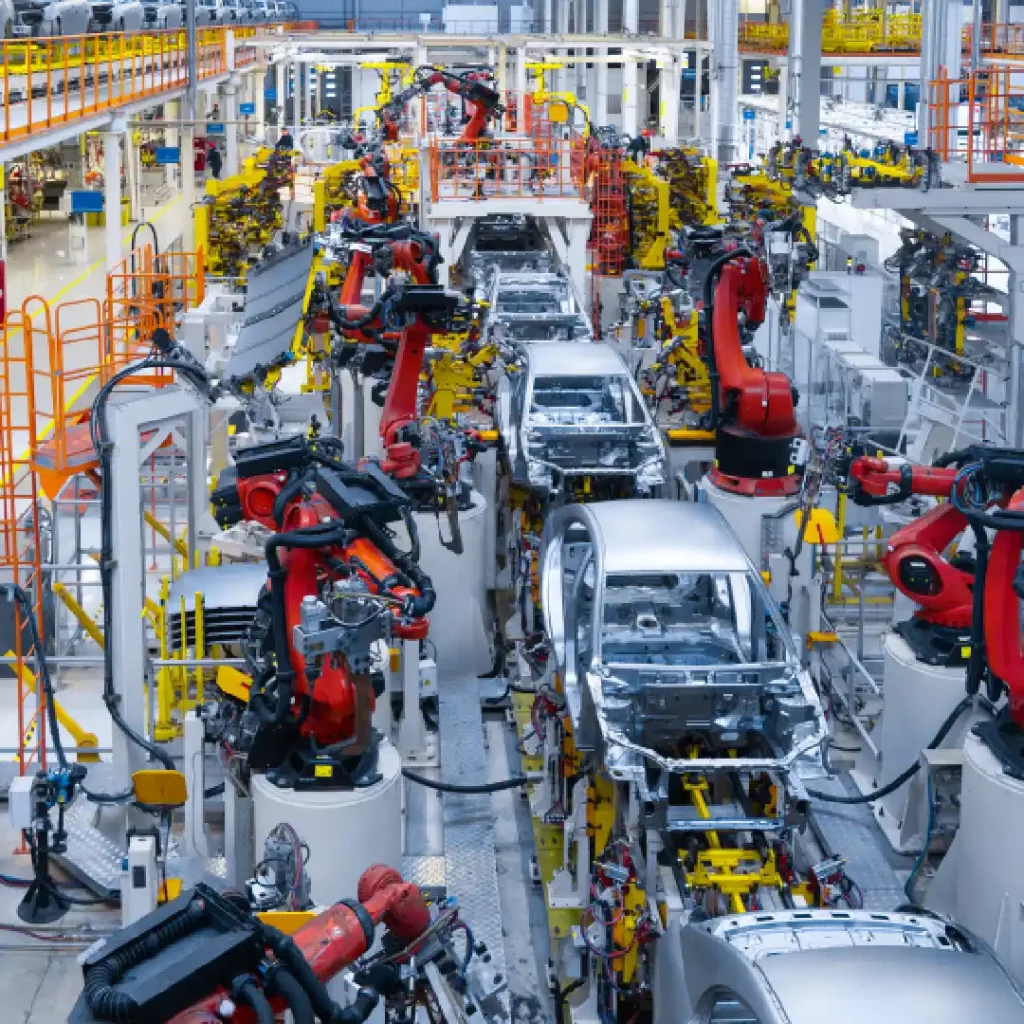
Our Products
Your Solution Partner for All Your Resistance Needs
Advantages of Automotive Heaters
Rapid Heating: Automotive heaters significantly improve the cold starting of the engine due to their rapid heating capabilities.
Fuel Efficiency: Faster engine heating ensures more effective combustion of fuel, thereby increasing fuel efficiency.
Comfortable Climate Control: Heaters used in vehicle heating and cooling systems provide drivers and passengers with a comfortable driving experience.
Longevity: Quality materials and durable designs ensure the long lifespan of automotive heaters.
Ease of Integration: These heaters, which can be easily integrated into automotive systems, provide ease of use for manufacturers and service providers.
With these significant functions and advantages in the automotive industry, automotive heaters play a critical role in ensuring the safety, performance, and comfort of drivers. The automotive heaters in the product range of Heater Resistor are designed to high-quality standards and comply with industry norms, providing customers with a reliable and effective heating solution.
The Importance of Automotive Heaters
Automotive heaters are critical components that play a crucial role in enhancing the performance, safety, and comfort of vehicles. Below are some key points highlighting the importance of automotive heaters:
Engine Heating and Cooling: Rapid heating of the vehicle’s engine in cold weather conditions enables more effective combustion of fuel. Automotive heaters prevent the engine from cold starting, thereby enhancing performance.
Fuel Efficiency: Faster engine heating contributes to more effective fuel combustion, leading to increased fuel efficiency. This results in lower fuel consumption and reduced emissions.
In-Car Comfort: Automotive heaters integrated into climate control systems heat and cool the vehicle’s interior, enhancing the comfort of drivers and passengers while regulating interior temperature.
Cooling Systems: Heaters used in vehicle cooling systems prevent the engine from overheating, ensuring it operates at optimal temperature and reducing the risk of overheating-related breakdowns.
Enhanced Driving Safety: Automotive heaters keep the vehicle’s windows free from fog quickly in icy and snowy weather conditions, enhancing driving safety by providing better visibility.
Vehicle Performance and Durability: Faster engine heating in cold weather conditions can reduce wear and tear, thereby enhancing overall vehicle performance and durability.
Quick Climate Control: Automotive heaters provide rapid heating and cooling in climate control systems, allowing drivers to quickly adjust the interior temperature to their preference.
Stability of Electronic Systems: Electronic systems perform better under specific temperature conditions. Automotive heaters ensure the stable operation of these systems, optimizing the overall performance of the vehicle.
By fulfilling a wide range of important functions, automotive heaters contribute to the more efficient, safe, and comfortable operation of vehicles. Therefore, the use of such heaters in the automotive industry helps modern vehicles meet advanced performance and safety standards.
Heaters Used in Automotive Sector
Various types of heaters are used in the automotive sector for different purposes. Below are some examples of heater types commonly used in the automotive industry and their functions:
Spark Plug Heaters: Used to assist in the faster heating of automobile engines in cold weather conditions. Spark plug heaters prevent cold starting of the engine and ensure more effective combustion of fuel.
Windshield Wiper Heaters: Heaters located on windshield wipers heat the wiper blades to prevent fogging in weather conditions such as ice and snow, enhancing driving safety.
Automatic Climate Control Heaters: Used in vehicle climate control systems, these heaters control the heating and cooling of the interior, increasing the comfort of drivers and passengers.
Engine Cooling Heaters: Heaters used in engine cooling systems prevent the engine coolant from freezing, ensuring the vehicle operates more effectively in cold weather conditions.
Automatic Transmission Heaters: Used in vehicles with automatic transmissions, these heaters help facilitate smoother and faster gear changes.
Heated Seat Heaters: Used to heat the seats where drivers and passengers sit, commonly preferred in automotive interior design to enhance comfort in cold weather conditions.
Exhaust System Heaters: Heaters used in exhaust systems assist in the faster heating of exhaust gases in cold weather conditions. This contributes to quicker activation of catalytic converters and effective emission control.
Heaters used in the automotive industry are integrated into various systems to enhance the performance, safety, and comfort of vehicles. These heaters are typically manufactured with special designs and materials to provide features such as durability, rapid heating, and long lifespan.
Technical Specifications of Automotive Heaters
Automotive heaters have technical specifications that vary depending on the specific applications they are used for. However, generally, the technical specifications of automotive heaters may include the following elements:
Material: Automotive heaters are typically made of nickel-chromium alloys or similar high-resistance materials. These materials are durable at high temperatures and possess rapid heating properties.
Resistance Value: The resistance value of the heater represents its resistance to electrical current. Automotive heaters must have a specific resistance value to provide the necessary temperature control for the application.
Power Capacity: The heater requires a specific power capacity. This indicates the ability of the heater to maintain a certain temperature for a specific period.
Nominal Voltage: The nominal voltage level at which the heater is designed is crucial for a specific application. Automotive heaters generally have a specific nominal voltage suitable for the vehicle’s electrical system.
Operating Temperature Range: Automotive heaters must effectively operate within a specific temperature range. This range covers a broad spectrum from cold weather conditions to extreme temperatures.
Durability and Vibration Resistance: Vehicles are often exposed to vibrations and impacts. Therefore, automotive heaters must have durable designs and vibration resistance.
Protection Class and Sealing: Automotive heaters need protection against environmental factors. This may involve sealing or having a specific protection class to resist dust, water, and other external factors.
Mounting Type: Automotive heaters must have a mounting type suitable for a specific application. For example, spark plug heaters can be mounted on the engine block, while windshield wiper heaters can be integrated into the wiper structure.
Integration Capability: Automotive heaters should be easily integrated into the system they are used for. This integration capability facilitates the assembly process.
Compliance with Standards: Automotive heaters must comply with specific industry standards. These standards establish certain criteria for the reliability and performance of the heater.
The technical specifications of automotive heaters may vary depending on their applications and the systems they are used in. Therefore, when selecting an automotive heater, specific application requirements should be considered.
Cartridge and Clamp Resistances Used in Automotive Industry
In the automotive sector, two commonly used types of heaters are plug and clamp heaters. These heaters are typically used in applications such as engine heating and cold starting. Here is more information about the features and applications of plug and clamp heaters:
Cartridge Heaters:
High Resistance: Cartridge heaters are designed from high-resistance nickel-chromium alloys to assist in the rapid heating of the engine in cold weather conditions.
Quick Heating: They facilitate rapid heating of the engine during cold starting situations, allowing for more efficient fuel combustion.
Nominal Voltage: They have a specific nominal voltage suitable for automotive electrical systems.
Durability: They are durable and resistant to vibrations and impacts, ensuring a long lifespan.
Waterproofing: They are waterproof and corrosion-resistant, suitable for use in the engine compartment.
Applications:
Engine Heating in Cold Weather: Plug heaters are used particularly to ensure rapid heating of the engine in cold weather conditions.
Fuel Efficiency: Faster engine heating contributes to more efficient fuel combustion, thus increasing fuel efficiency.
Clamp Heaters:
High Resistance and Thermal Conductivity: Clamp heaters possess high resistance and thermal conductivity properties suitable for mounting onto engine pipes or hoses in clamp form.
Flexible Mounting: Their clamp form allows for easy mounting onto various engine components and adaptability.
Various Sizes and Power Capacities: There are various clamp heaters available for different engine types and sizes.
Durability: They are resistant to engine vibrations and impacts and also corrosion-resistant.
Applications:
Engine Cooling Systems: Clamp heaters are used in engine cooling systems to prevent freezing of the coolant.
Exhaust Systems: They aid in the faster heating of exhaust gases, enhancing the efficiency of catalytic converters.
These heaters play a crucial role in optimizing vehicle performance, increasing fuel efficiency, and ensuring driving safety in the automotive industry. Both types of heaters are designed to ensure effective operation of the vehicle’s engine.



